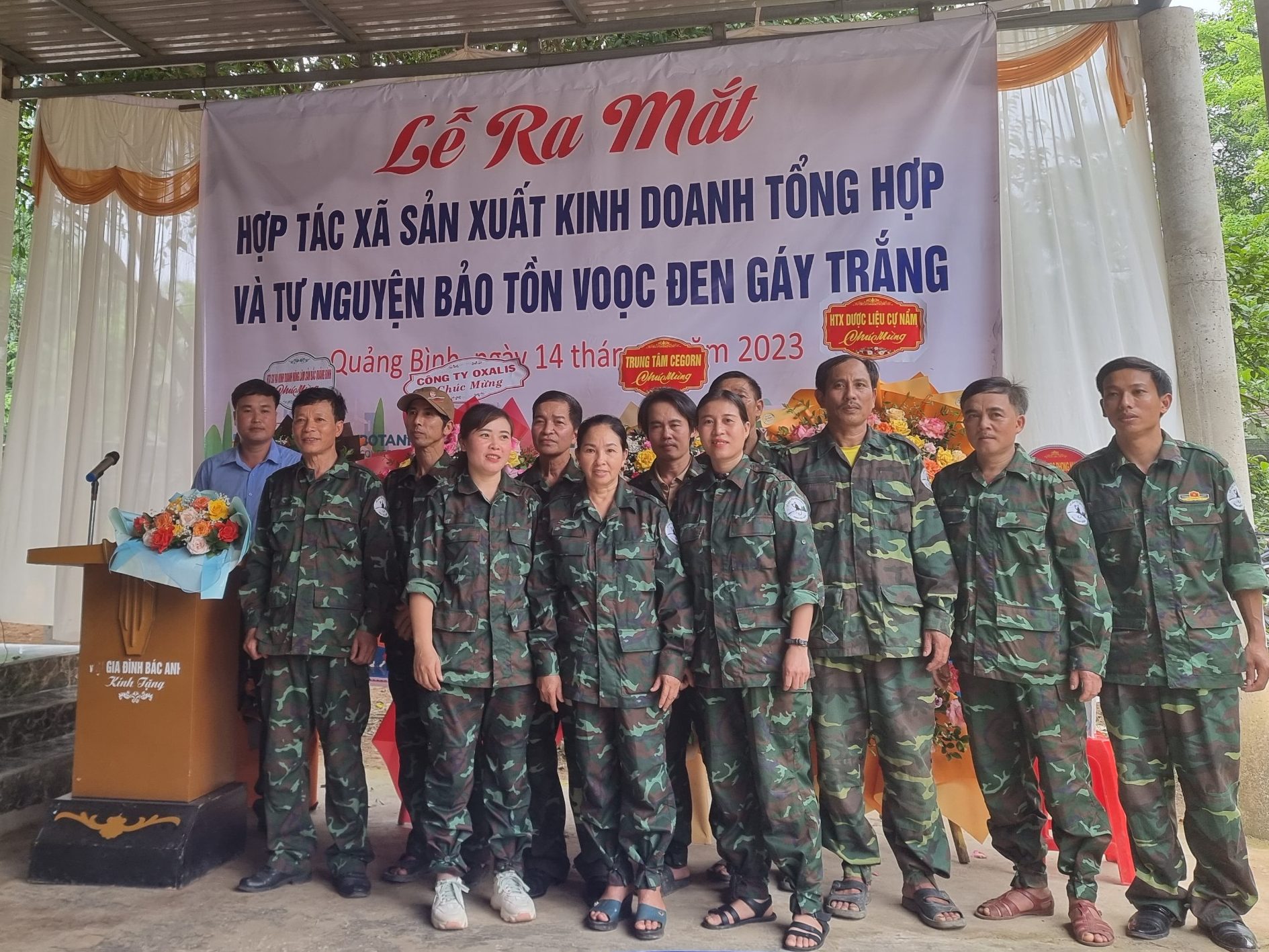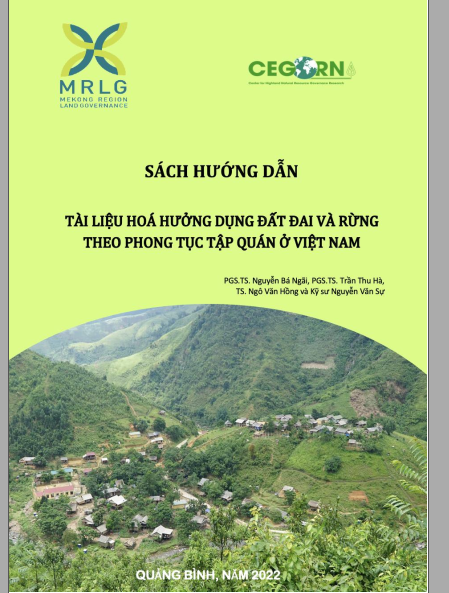Collective action has been breaking new ground in Viet Nam, where civil society organisations have been given the chance to address key government stakeholders on issues relating to land governance.
As part of its ongoing Monitoring and Evaluation (M&E) activities, MRLG recently invited the members of one of its Learning & Alliance groups, “Promote Community-Based Organization’s Participation in Land Legislation Implementation Monitoring”, to reflect on their achievements and draw conclusions and lessons learned from their experiences.
In this reflection workshop, held in Hanoi on June 23, 2017, the group discussed the history of the group’s inception, its objectives, activities and outcomes, and the individual factors leading to the success of its activities.

This collective action has given 13 civil society organisations the opportunity to directly address two key governmental stakeholders, the Fatherland Front of Viet Nam and the Viet Nam Union of Science and Technology Associations (VUSTA).
In Viet Nam the Constitution of 2013 recognizes the people’s right to participate in the country management as stipulated in the Article 28. The Land Law of 2013 specifically mandates the National Assembly and the Fatherland Front to monitor land use and land management in articles 21 and 198 and recognizes citizens’ rights to monitor land use and land management by themselves or via representative organisations.

Collectively, the alliance organised activities towards building up a monitoring mechanism for the Fatherland Front.
The group, led by the Centre for Indigenous Knowledge, Research and Development fucussed on strengthening the role of the Fatherland Front and the socio-political organisations organised under it in monitoring and critiquing land use and management in Viet Nam.
During the implementation phase, the group carried out a series of workshops and capacity-building activities benefiting more than 200 participants, among th
em officials of Fatherland Front and VUSTA at the central and provincial level.
It also provided comments to the Joint Resolution between the Standing Committee of the National Assembly, Fatherland Front of Viet Nam and the government, that clarified the roles and responsibilities of monitoring and evaluating land use and land management on a policy level and was recently adopted.
The group members said they valued the relevant capacity-building input towards Fatherland Front and VUSTA.
Both recipients have continued these training workshops using their own funds, beyond the conclusion of the L&A activities.Generally, it was noted that the L&A group’s discussions had led to an improved relationship between the Fatherland Front, VUSTA and Viet Nam’s civil society organisations.
The reflection workshop gave participants the opportunity to identify critical factors that contributed to the success of the L&A activity, including:





